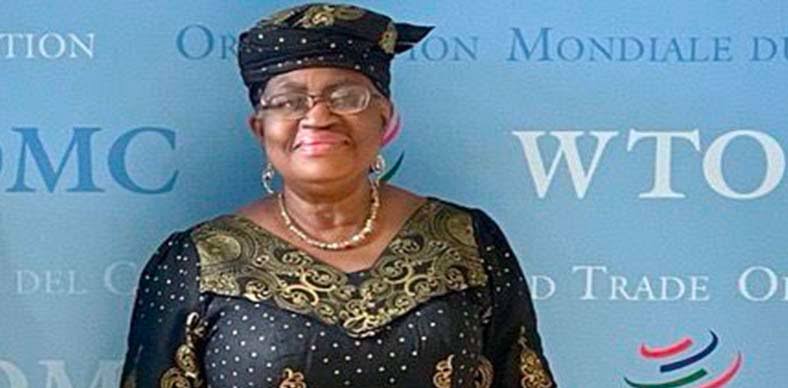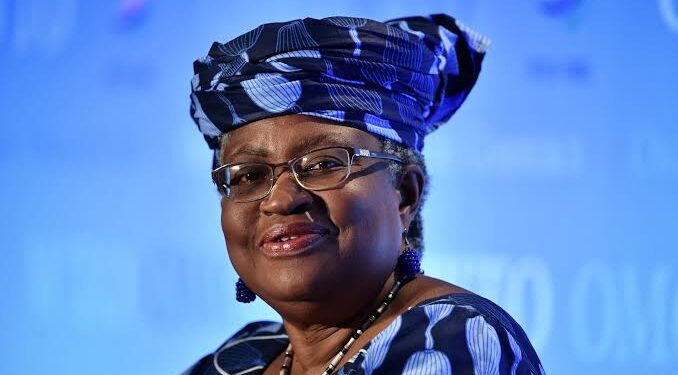The World Trade Organization (WTO) has released its 2024 report on global trade, emphasizing that open trade alone is insufficient to reduce economic disparities between rich and developing nations. The report underscores the need for complementary measures to support poorer countries.
According to WTO Director-General Ngozi Okonjo-Iweala, the report affirms that trade can help reduce poverty and create shared prosperity, which contradicts the statement that trade and institutions like the WTO worsen inequality. However, Okonjo-Iweala said more must be done so that trade will work more efficiently for economies and people who were left behind by globalization.

Furthermore, the report highlighted how low- and middle-income economies engage less in international commerce, as well as receive fewer foreign direct investments, while relying heavily on commodities. In addition, WTO Chief Economist Ralph Ossa stressed that protectionism is an anti-inclusive path, because it may raise production costs and provoke reactions from one’s trading partners.
He declared that real inclusiveness necessitates embracing open trade together with supportive domestic policies, as well as strong international cooperation, to make them possible. The report also suggested domestic policies like vocational training, unemployment benefits, education with better skill sets, and portability of labour.

















